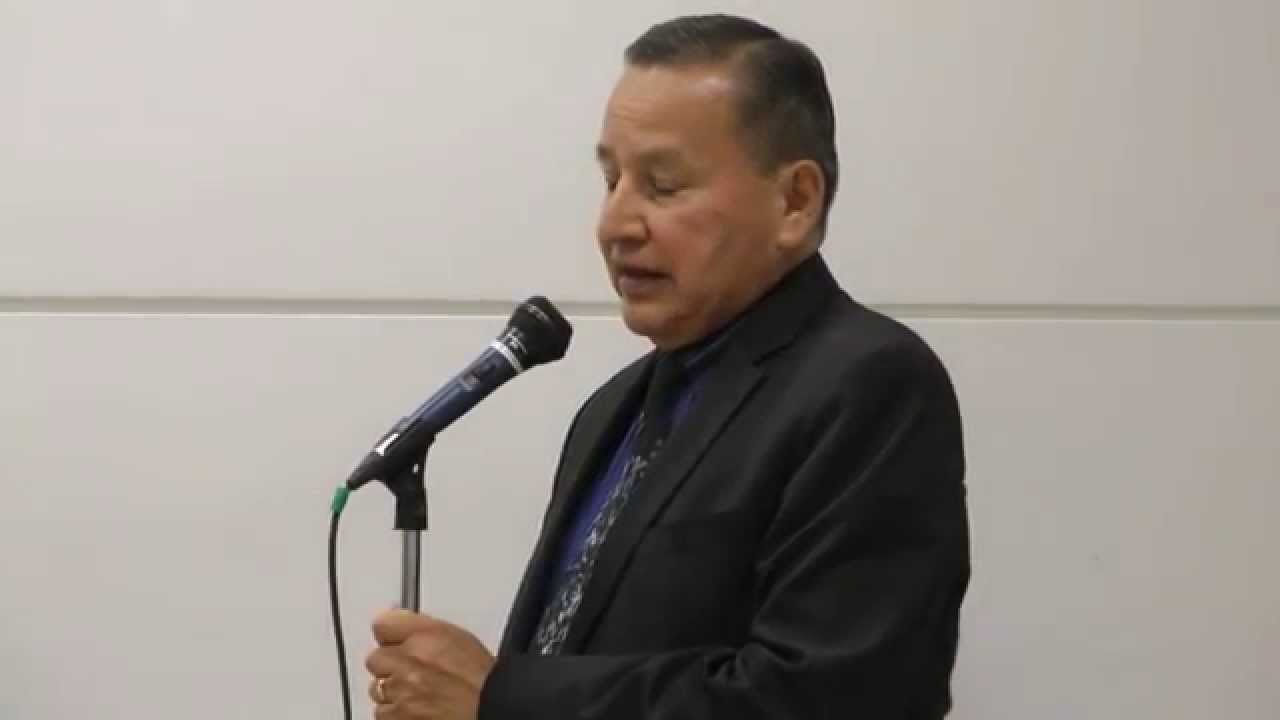By Jake Cardinal, Local Journalism Initiative Reporter
(ANNews) – On March 30, 2022 the government of B.C. released a five-year action plan dedicated to upholding the United Nations Declaration on the Rights of Indigenous Peoples.
Described as a “whole government approach” by Premier John Horgan, the plan includes 89 actions that will be taken by all provincial ministries for the next five years.
“This … is a first for any government in the world. It will drive transformative change in the relationship with Indigenous Peoples and help us build a brighter future for everyone,” said Horgan.
“By working together in partnership, we are creating more opportunities, better jobs and stronger environment protections. This is a roadmap that builds on the progress we have made – a new way forward and another important step towards meaningful reconciliation.”
The plan follows the four central themes of self-determination and the right to self government; title and rights of Indigenous Peoples; ending Indigenous-specific racism; and social, cultural and economic well-being.
This is the latest move by the BC government towards reconciliation, as they were the first jurisdiction in North America to implement UNDRIP when it was unanimously passed in the legislative assembly in 2019.
Grand Chief Stewart Phillip, president of the Union of British Columbia Indian Chiefs (UBCIC), said of the action plan, “Two years ago, the seeds of change were sown – a future rife with the promises of true transformation and reconciliation became possible with the historic passage of the Declaration Act.”
“Make no mistake, there have been and there will continue to be numerous obstacles that challenge the work being done to revolutionize and rebuild a relationship that has long been mired in colonial violence and discrimination,” he said.
“We must reflect on the processes, frameworks and institutions that continue to deny the Title and Rights of First Nations, enact tremendous harm upon our communities and perpetuate a colonial cycle of marginalization and violence.”
“We must hold our governments and those in positions of power accountable for their actions and their commitments to the Declaration Act,” said Grand Chief Phillip.
Chief Terry Teegee of the BC Assembly of First Nations, said that the action will improve the relationship between the government and Indigenous peoples in the province but also believes the government needs to be held accountable.
In an interview with CTV News, Teegee explained that, “But there still is room for improvement. In terms of making sure that the government is accountable for the commitments that we’ve seen in the action plan.”
Unfortunately, any future initiatives resulting from the action plan will not include ending current court disputes with First Nations, such as protester arrests made during the blockades opposing pipeline construction on West’suwet’en territory.
Some criticism regarding the actual time-line of implementing the 89 actions has arose, but Murray Rankin, minister of Indigenous relations and reconciliation, said that they are “tangible, measurable and achievable” within a five-year period.
“We will be held accountable every year in a real way,” said Rankin. “[The plan] will not gather dust, it cannot, it’s not allowed to.”



Be the first to comment on "BC government announces five-year Indigenous action plan"